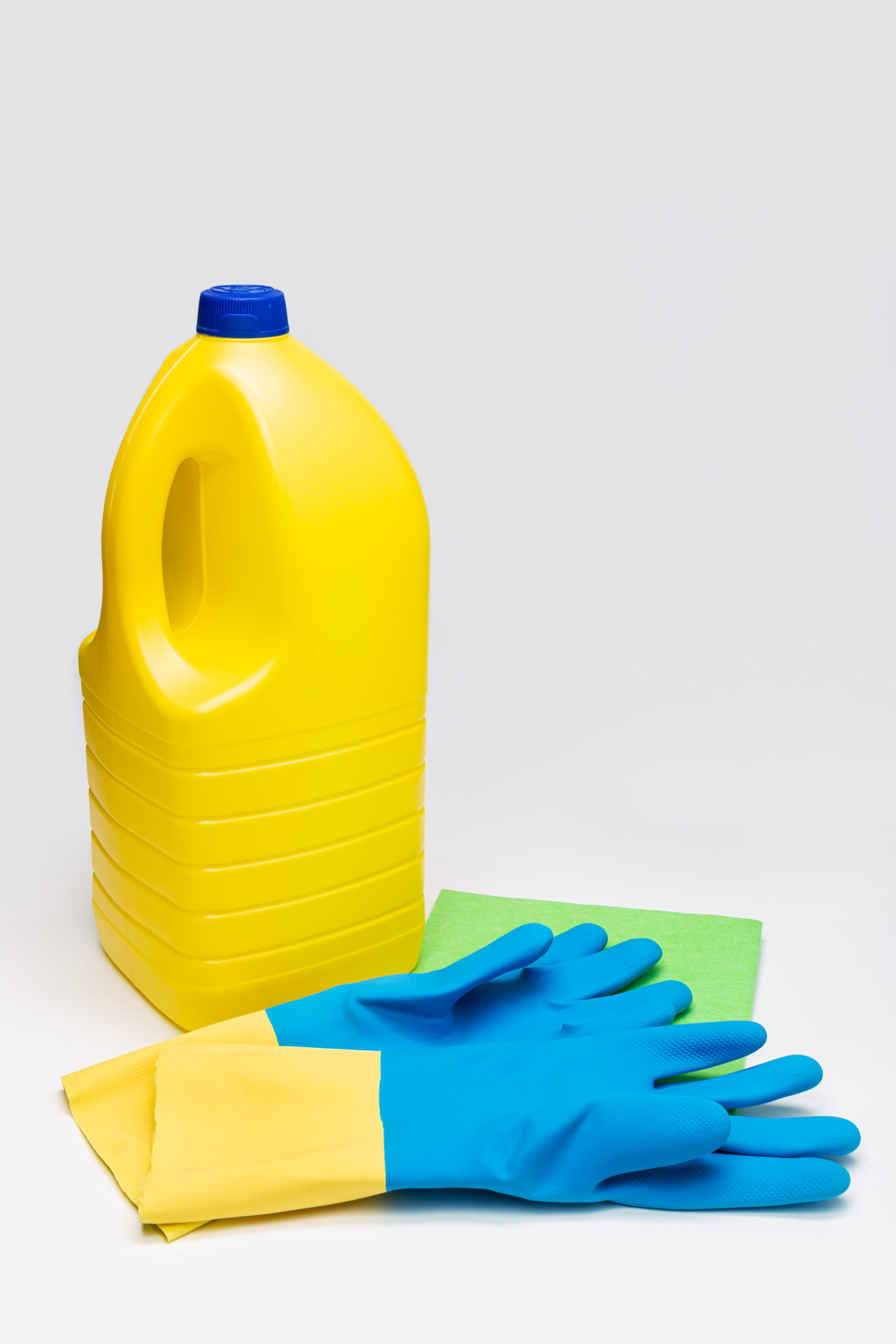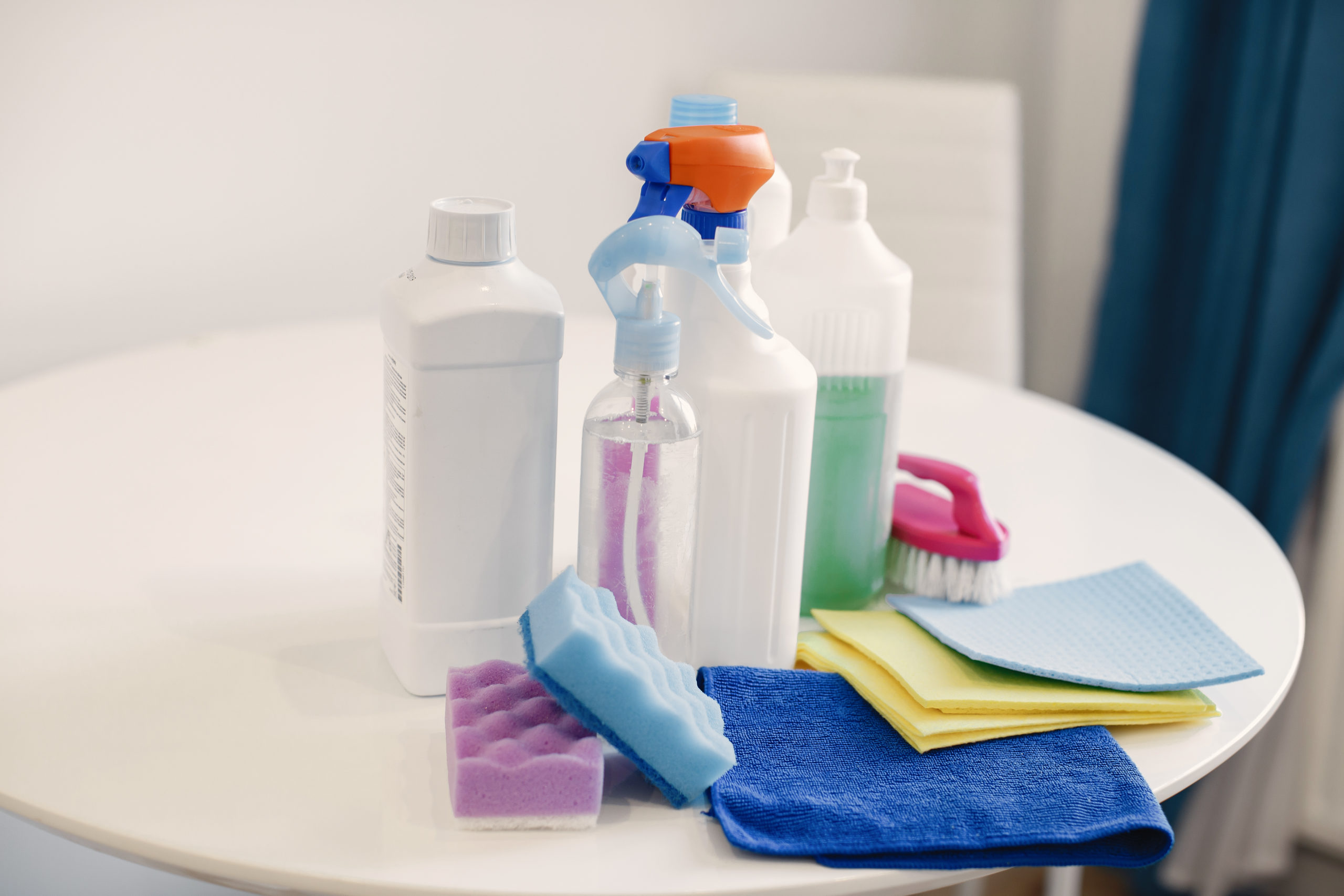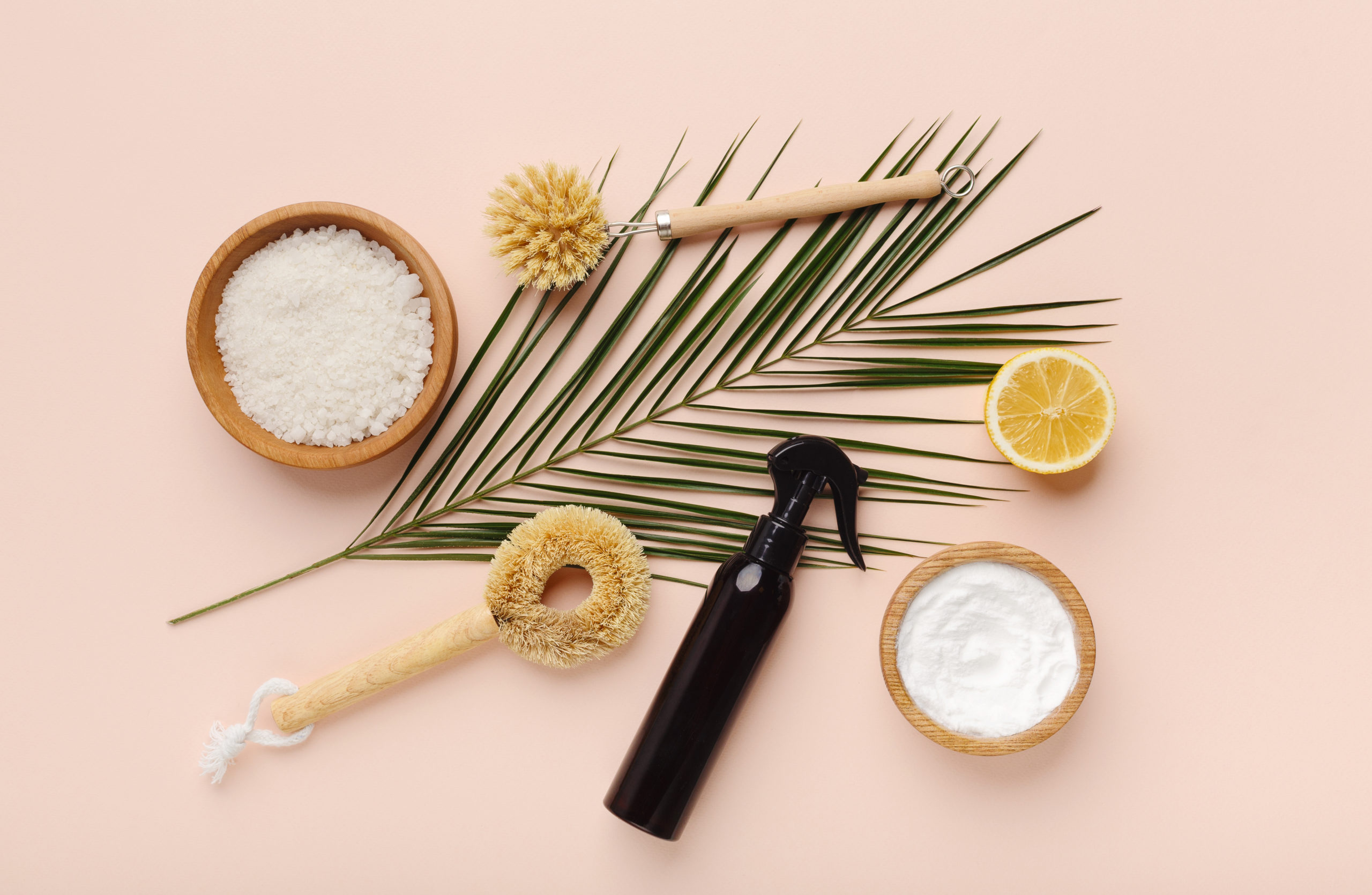
Why you should stop using bleach
Share: Facebook Pinterest LinkedIn When it comes to large-scale cleaning sessions, we tend to use chemical cleaning products that are either wrongly or rightly acclaimed

When it comes to large-scale cleaning sessions, we tend to resort to chemical cleaning products, rightly or wrongly acclaimed for their effectiveness. More often than not, bleach, known for its ability to tackle stubborn stains and bacterial agents, dominates our cupboards. However, beyond its supposed effectiveness, this substance constantly threatens the health and the environment each time it is used. Apart from its well-known corrosive effect on the skin, we delve into more detail on why you should permanently ban bleach from your cleaning kit.
Bleach, also known as hypochlorite, is highly valued in households for its decolorizing, whitening, and disinfecting properties. It is obtained from a mixture of sodium hypochlorite and water. Initially invented for a purely medical purpose — the treatment of pneumonia —bleach quickly became indispensable in household and industrial cleaning.
It is convenient when disinfecting, whitening, or deodorizing a surface. Sometimes, it is even used for water treatment due to the chlorine it contains.
However, despite these somewhat functional purposes, bleach is one of the most dangerous substances for humans and the planet. It damages the body quickly, with the skin and respiratory system being the most exposed.
Bleach is primarily known for its abrasive (or corrosive) properties. This means it can easily damage your skin as soon as it meets it. Its corrosiveness notably causes intense burns and lesions of the skin tissues. Moreover, its infiltration through the superficial layers of the skin can cause swelling and edema.
Dr. Thuong Nhâm Pham Thi, a pulmonologist and allergist, during the French TV show La Quotidienne on France 5, gives us more details on the harmful consequences of this product on the skin. In his words, « Bleach is a kind of pure acid, a bactericide, and therefore potentially harmful to our skin…».
In direct contact with the eye, it causes dangerous irritation, the extent of which varies according to the concentration of the product.
So, instead of risking the well-being of your skin by trying to protect it with gloves to handle bleach, wouldn’t it be much better to eradicate it from your cupboard permanently? This withdrawal may be difficult at first, but one quickly adapts to the proliferation of eco-friendly detergents. Baking soda, Montmorillonite or lemon juice are eco-friendly cleaning products whose effectiveness equals bleach.
One of the dangers of using bleach is the damage it can cause to the respiratory system. It « can damage our respiratory tract from the nose to the bronchi as well as the eyes ,» added Dr. Thuong on the set of France 5.
Inhaling the odor emitted by this substance can cause severe headaches, nausea, and dangerous respiratory reactions. In the process, the gas directly attacks the bronchi and causes inflammation or chronic bronchitis.
Breathing in the smell of bleach for a long time can also induce feelings of breathlessness or suffocation: this is because the oxygen in your blood decreases drastically. Asthmatics are therefore strongly advised not to use it, as they risk worsening their situation and creating acute respiratory problems.
At the same time, mixing bleach with chemical compounds containing ammonia (urine) or white vinegar is strictly forbidden. This kind of mixture releases toxic gases (chloramine and dichlorine, for example) capable of destroying the lungs and causing sudden death. Be especially careful not to bring hypochlorite near the toilet bowl when filled with urine.
Moreover, when bleach concentrate is accidentally ingested, it directly attacks the esophagus, stomach, and viscera. This kind of incident happens very often with children. This is an apparent reason for couples still raising young children to sever ties with bleach permanently.
Hypochlorite is a product harmful to the environment due to its non-biodegradable properties. The chlorine in it is a very toxic substance, as it kills the bacteria that are the basis for the degradation of organic matter in the terrestrial ecosystem. Bleach and bleach concentrate extracts oxidize any organic matter they come into contact with.
When it is released into nature through evaporation, chlorine ends up in the atmosphere, which associates with other compounds in the air. The result is greenhouse gases that destroy the ozone layer and lead to global warming. The product also affects fauna (both terrestrial and aquatic), truly damaging the global ecosystem.

Share: Facebook Pinterest LinkedIn When it comes to large-scale cleaning sessions, we tend to use chemical cleaning products that are either wrongly or rightly acclaimed

Share: Facebook Pinterest LinkedIn Are you looking for a way to clean your home naturally, without using harsh chemicals? Running out of ideas for natural

Share: Facebook Pinterest LinkedIn Are you looking for a way to clean your bathroom naturally, without using harsh chemicals? If yes, you’ll love these natural